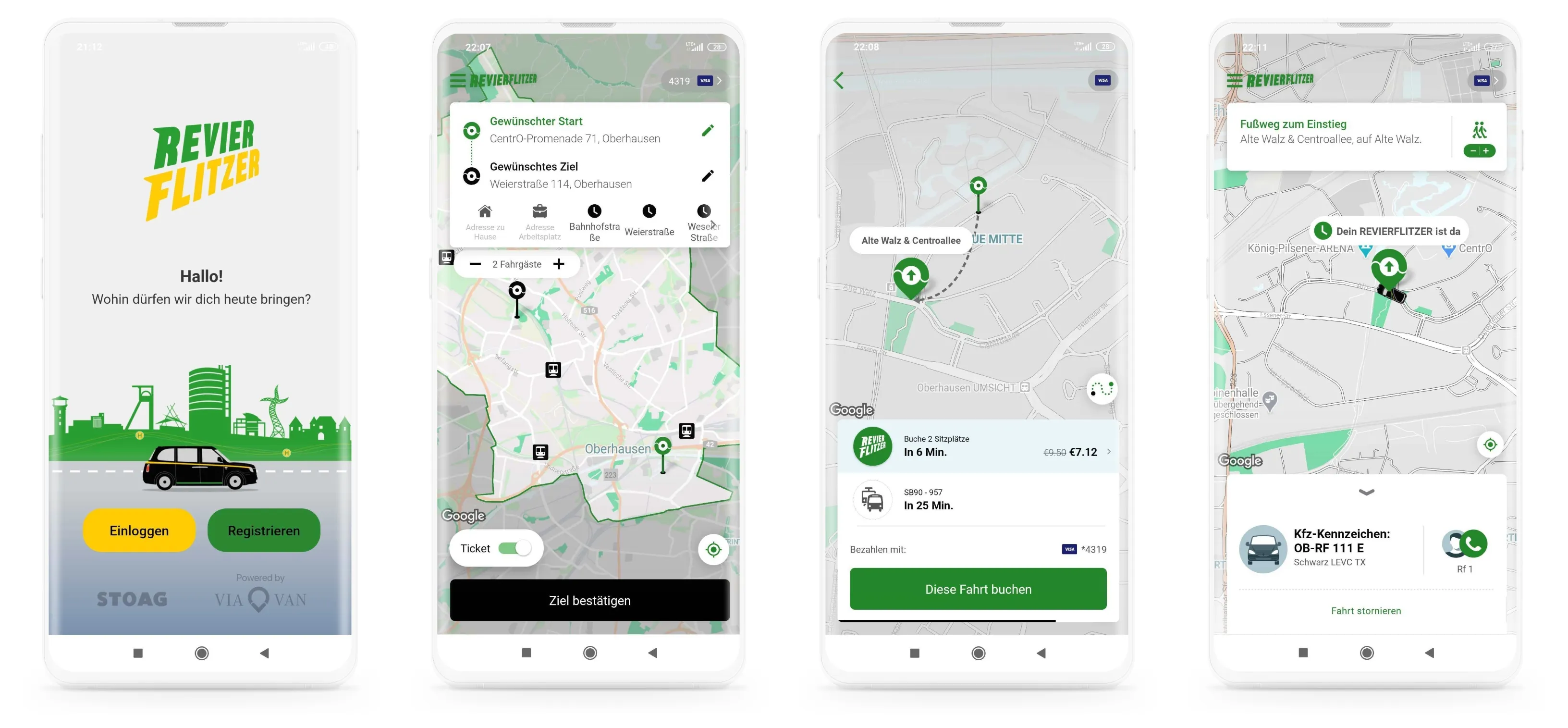Daimler, Bosch and car2go are cooperating on a new project that will see cars parking themselves.
Automated parking uses an intelligent infrastructure in the car park and a vehicle control unit from Bosch in conjunction with the newest generation of Mercedes-Benz on-board sensors and the car-sharing expertise of car2go. This will enable automated manoeuvring in appropriately equipped parking garages in the near future.
The user books a vehicle from car2go via smartphone and as soon as he is in the ca
June 29, 2015
Read time: 2 mins
Automated parking uses an intelligent infrastructure in the car park and a vehicle control unit from Bosch in conjunction with the newest generation of
The user books a vehicle from car2go via smartphone and as soon as he is in the car park pick-up-zone, the car drives up independently and the drive begins. Returning the car is just as simple; the customer parks it in the drop-zone of the car park and returns the car via their smartphone. The car park intelligent system registers the vehicle, starts it and directs it to an assigned parking space.
Prof. Dr Thomas Weber, member of the Board Daimler AG, responsible for Group Research & Mercedes-Benz Cars Development, explains, “In collaboration with our partner Bosch and our mobility service car2go we are developing and testing an infrastructure-based solution for a fully automated valet parking service. For us another step on our way to autonomous driving – or as in this case: towards autonomous parking.”
“Fully automated parking will be ready for mass-production before fully automated driving”, says Dr Dirk Hoheisel, the responsible Board Member of Bosch. “Low driving speeds and the information from the car park infrastructure enable a fast implementation.”








